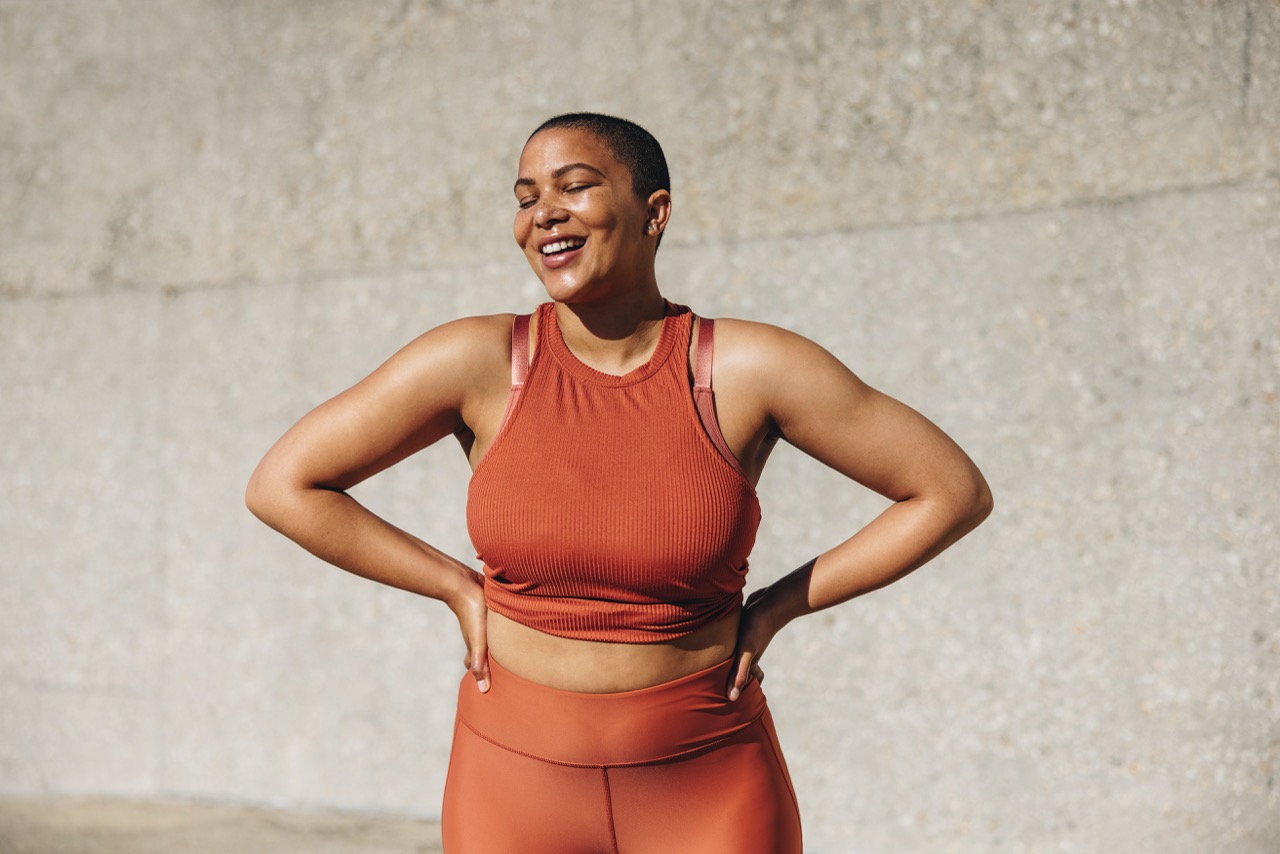The Power of Lifestyle in Managing Migraine and Depression

When you’re managing both migraine and depression, medication may help, but it’s not the only tool. Your daily habits can make a huge difference.
Start With the Basics
Research and clinical experience show that these lifestyle shifts support both migraine and mood:
- Regular sleep: Aim for consistent bed and wake times, even on weekends
- Movement: Any type of exercise like walking, stretching, yoga. Can helps boost mood and prevent attacks
- Nutrition: A balanced, whole food diet supports your nervous system
- Hydration: Even mild dehydration can trigger symptoms
- Sunlight and nature: Natural light and green spaces are linked to lower depression rates
What to Watch Out For
Certain habits can make both conditions worse:
- Skipping meals
- Excessive screen time
- Alcohol: It’s a depressant and a migraine trigger
- Too much caffeine: It can worsen anxiety and disrupt sleep
Small Changes, Real Results
Patients at Haven who make even one or two of these shifts often notice:
- Fewer migraine days
- Better sleep
- Improved energy
- A greater sense of control
It’s not about perfection, it’s about patterns. What you do consistently matters more than what you do occasionally.
Lifestyle Is Treatment, Too
If you’re stuck in a cycle of pain and low mood, your habits might be part of the cause and the solution.
A provider at Haven can help you create a personalized plan that includes lifestyle changes alongside clinical care. Because your daily choices are part of your care and not separate from it.
The goal isn’t just fewer attacks. It’s more good days. And lifestyle plays a big role in that.
Disclaimer
This article is for informational purposes only and should not be considered medical advice. If you experience menstrual migraine attacks or other severe headaches, consult your healthcare provider for a proper diagnosis and treatment plan. To explore treatment options, consider booking an appointment with Haven for expert guidance and personalized care.


